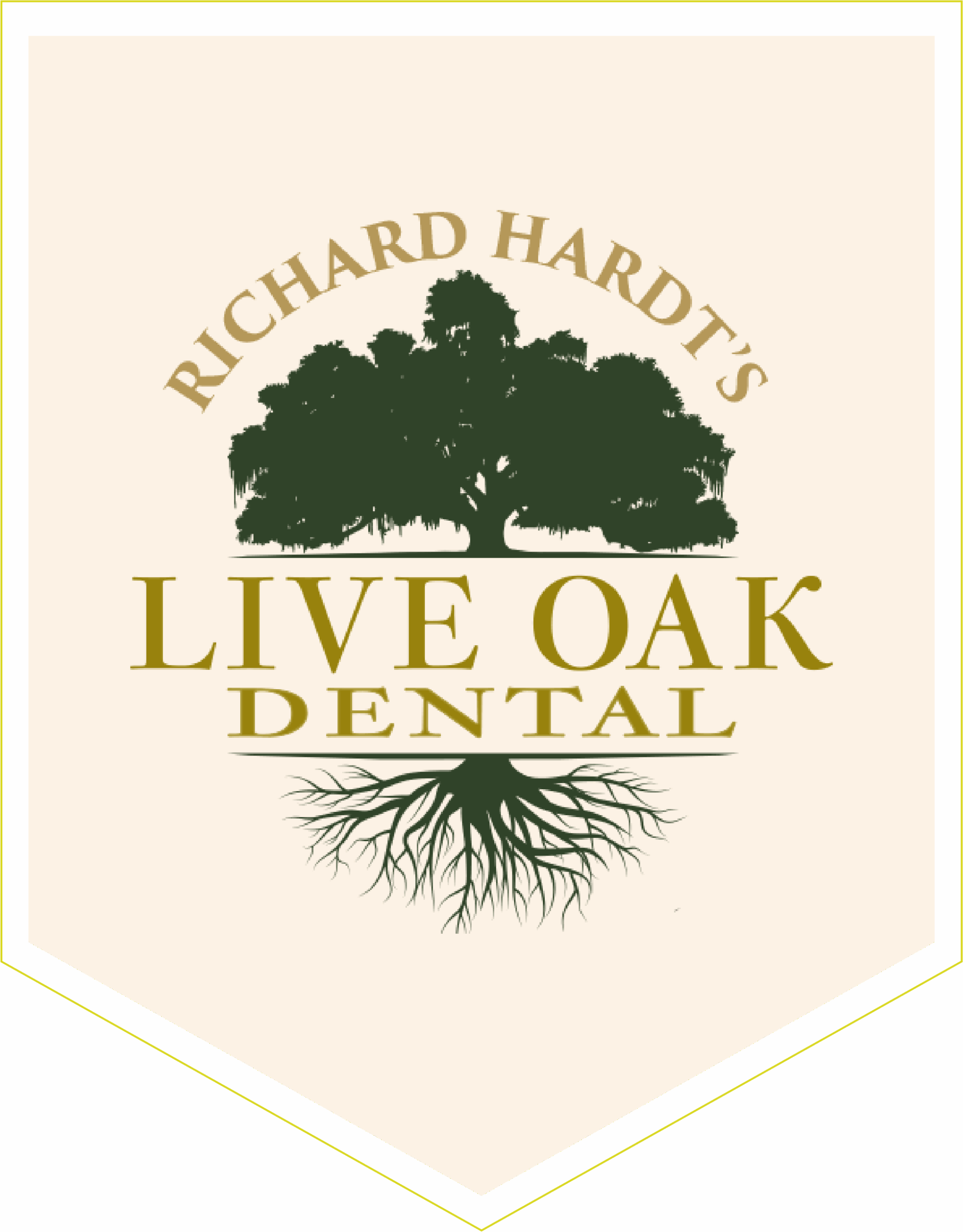In case of a medical emergency, there are general precautions and remedies that most people deem as common sense, such as:
- Bleeding? If you experience any bleeding due to trauma or soft tissue injury, apply gauze or bandaid until it stops.
- Swelling? Reduce this inflammatory response with a cold compress.
- Discomfort, inflammation, and fever? Take NSAIDs to reduce symptoms.
- Major accident? It doesn’t hurt to visit the local emergency room to be checked for further injuries, such as concussion.
However, in case of a dental emergency, people typically don’t feel as confident. Dental emergencies can take many forms, and it can be challenging to decide which next steps to take. Beyond basic first aid, here are specific ways to handle dental emergencies.
Dental Trauma
Proactive emergency treatment is crucial to saving the injured tooth. Here are five signs of dental trauma and what to do about it:
- Fractured or chipped teeth: (1) If possible, save the pieces of the broken tooth. (2) Rinse the mouth and pieces of the tooth with warm saltwater.
- Knocked-out teeth: (1) Retrieve the tooth. (2) Rinse it with clean water. (3) Try to reinsert the tooth back into the empty socket. If this isn’t possible, place the tooth in a glass of milk.
- Restorations adjustments or repairs: (1) Save any lost filling, crown, or other restoration pieces. (2) The site may leave the tooth with sharp edges. Cover the exposed area with gauze to avoid soft tissue injury.
Soft Tissue Injury
A common side effect of any surgery is light bleeding, and applying fresh gauze on the open wound can usually help it stop. If you have recently undergone oral surgery, here are two reasons why you may be bleeding:
- Dry socket: A dry socket may form after a dentist extracts a permanent tooth due to blood clot failure.
- Suture removal: If a stitch is unraveled, it may cause excessive bleeding.
However, if oral bleeding exceeds an hour, it’s time to schedule an emergency dental appointment or a trip to the emergency room.
Severe Toothaches
Dental discomfort can be excruciating and unpredictable, but it’s imperative to treat it as soon as possible. Here are some reasons why you may have a toothache:
- Pulpal inflammation: Pressure and pain may increase when the inner dental tissue is inflamed.
- Pericoronitis: Many patients between the ages of 17 and 25 experience discomfort as wisdom teeth develop.
- Extensive dental cavities: Dental decay can be sneaky and cause severe swelling and discomfort.
Emergency dentists can ease most oral discomfort with emergency extraction or root canal therapy. It’s time to go to the ER, if:
- An emergency dentist is not available in time.
- Dental pain does not subside with over-the-counter pain relievers.
It’s important to note that people are encouraged to avoid self-medication at all costs. Self-medicating with alcohol and illegal drugs is hazardous and may lead to addiction.
Bacterial Infection
Under the right conditions, bacteria thrive and accumulate in the mouth. Some bacterial infections that are considered a dental emergency are:
- Facial cellulitis: This infection can cause the skin and underlying soft tissues, causing redness, swelling, and discomfort.
- Abscess: If a pocket of pus forms in the gums, it’s a dental abscess and can be marked by sensitivity, fever, and swollen lymph nodes.
An adverse effect of infections can be extreme facial swelling, which may cause breathing trouble. If shortness of breath interferes with daily function, this is a red-alert reason to go to the emergency room. Emergency healthcare providers supply oxygen and other treatments to help the victim breathe normally.
Holiday Mishap? Be Proactive ASAP.
The holiday season can create the perfect storm for dental emergencies. Even though emergency physicians are not trained to handle dental work, they may alleviate the symptoms of dental emergencies until you can visit a dentist.
At his Porterville, CA clinic, Dr. Hardt takes dental emergencies seriously and usually sees new and existing patients on the same day. Call 559-784-6523 to save your smile in case of dental emergencies.


